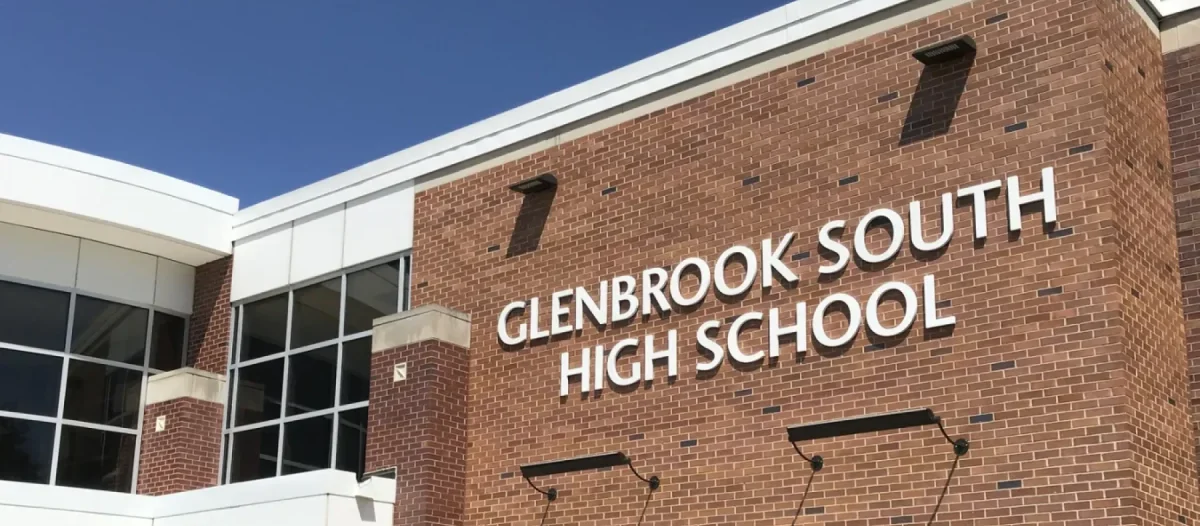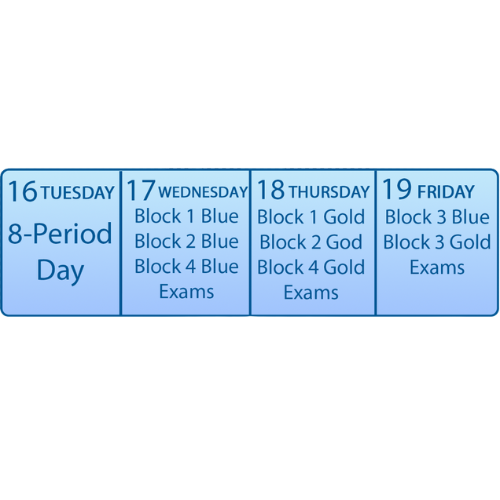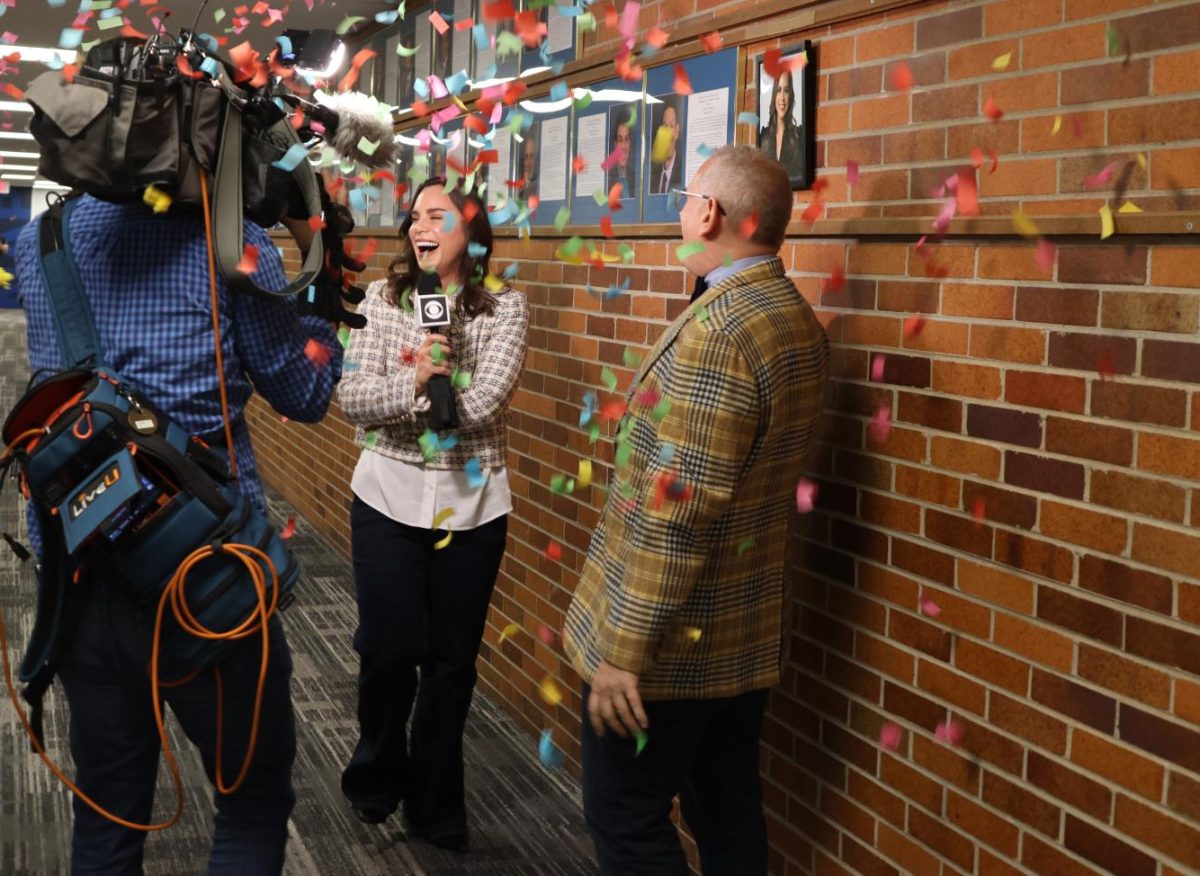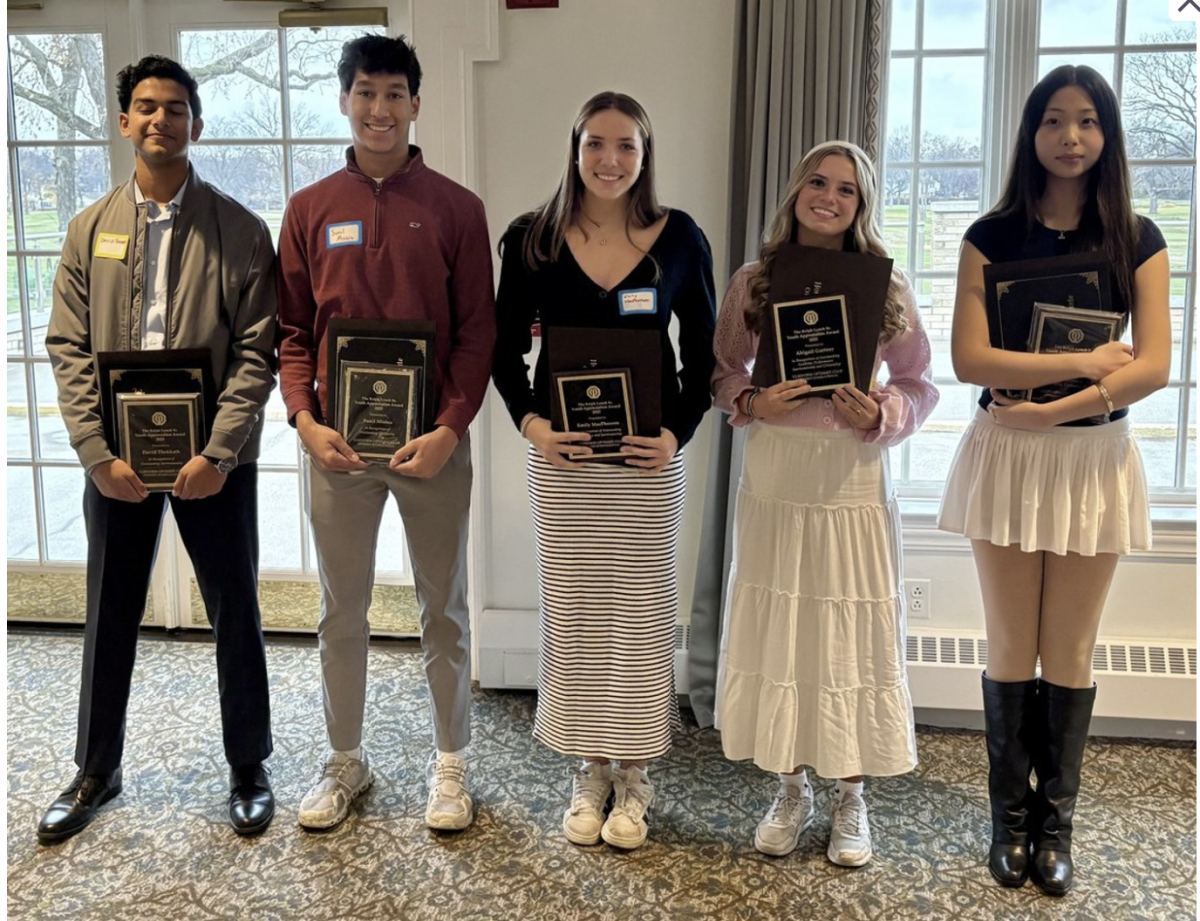Senior Atticus Hebson’s music composition, “Cradle Song,” won first place in its category at the Illinois Music Educators Association (ILMEA) Composition Contest and was performed in a showcase Jan. 23.
Judges of the competition were responsible for selecting the top compositions for performance at the ILMEA, according to Hebson. “Cradle Song,” a vocal solo, made the cut.
“I’ll be performing it [at ILMEA] with [senior] Lauretta Mosteller, who will sing the soprano part,” Hebson said. “I’ll be playing the keyboard while she sings and wafterwards I’ll have the opportunity to discuss it with the audience and some of the [ILMEA] administrators.”
Hebson said “Cradle Song” was inspired by a poem by Alfred Lord Tennyson. The performance was the culmination of a long and difficult process, according to Hebson, who has been composing since age 12 and plans to continue in the future.
“[While composing can] be kind of a pain, hashing out my ideas and seeing them come out into a fuller structure […] in the moment [is] very exciting,” Hebson said.
Mosteller had listened to and performed Hebson’s works before ‘Cradle Song’ and she admires his talent.
“I [would] love to be able to see how his mind works when he’s writing, and I love seeing [and listening to] whatever he comes up with,” Mosteller said. “It’s incredible to know somebody who writes so well.”
Mosteller also admires Hebson’s ability to transform a tune in his head into actual notes. Hebson said that being able to remember notes from years of practice helps him to compose.
“I’ll hear something in my head […] [and while] I don’t have what’s psychologically known as absolute pitch, I have over the years developed a pretty good pitch memory, so I can recall pitches I’ve heard before and know what [notes] they are,” Hebson said.
Once Hebson’s compositions are down on paper, they are not finished. According to Mosteller, there is often a gap between what Hebson plans and what is humanly possible to perform.
“A lot of the trouble I run into is, ‘When do you want me to breathe when I’m singing?’” Mosteller said. “I know that you hear this as one line, but it can’t be, because I have breathing issues.”
However, Mosteller said that the two of them can work through the complications, and the final result is worth it.
“A song is a song and you learn the notes and you learn the rhythm, and then what makes the music out of it is your understanding of it and the way you push through the music and craft it,” Mosteller said. “There’s a feeling you get from music when you play it, when you deeply connect with it during a song.”







